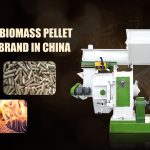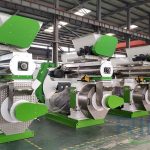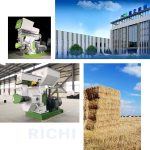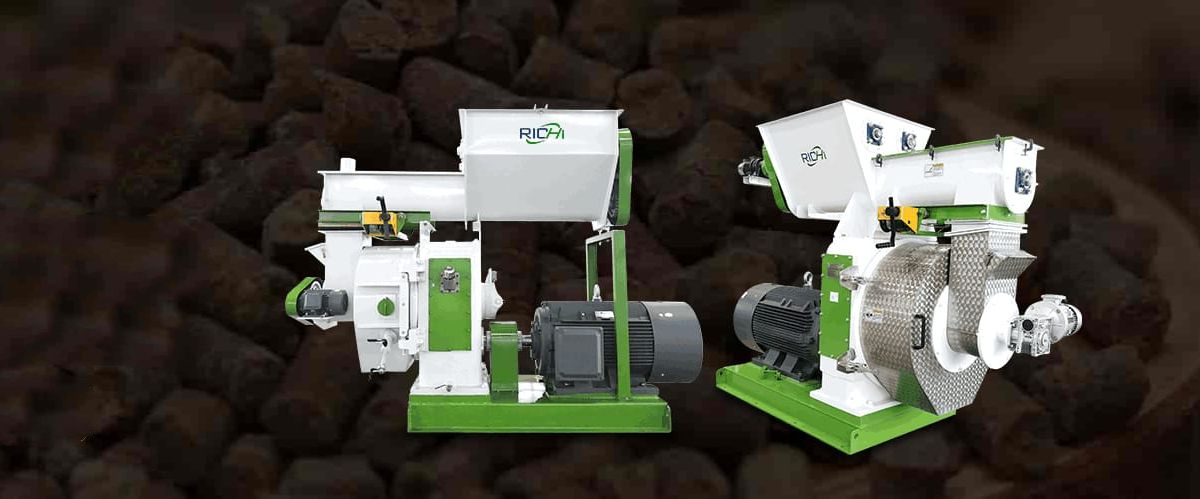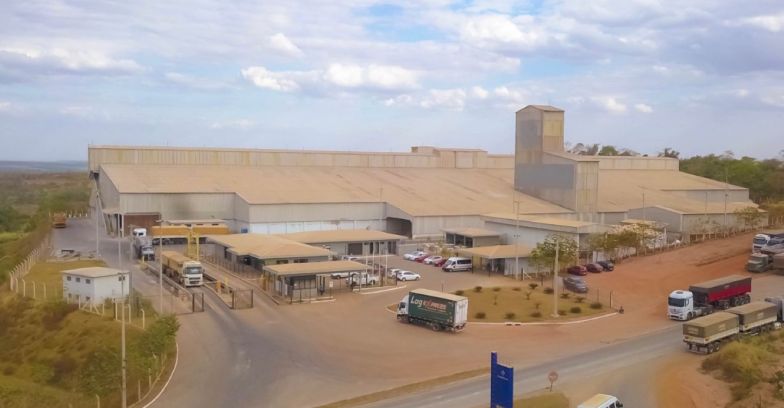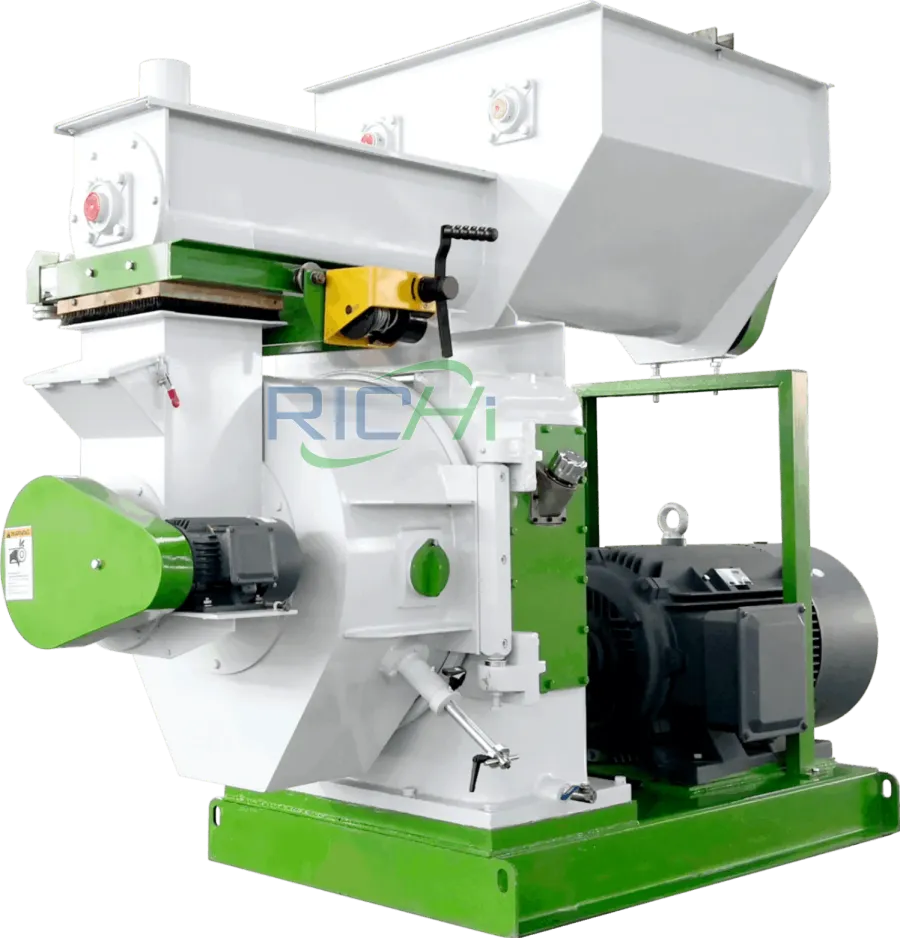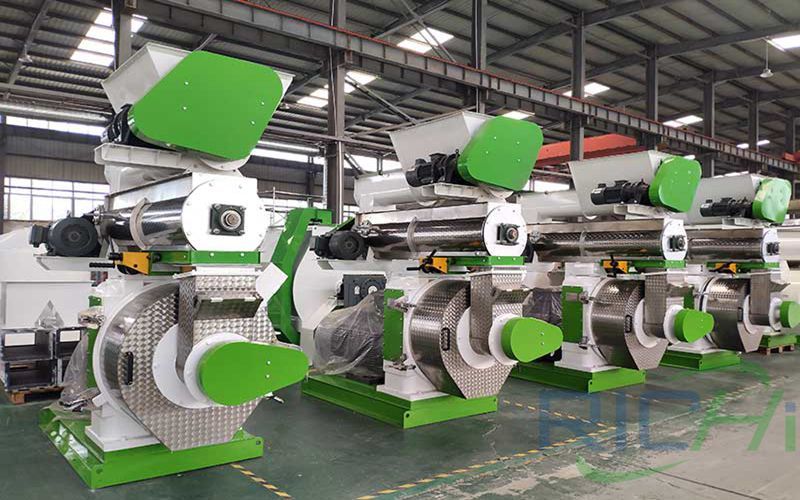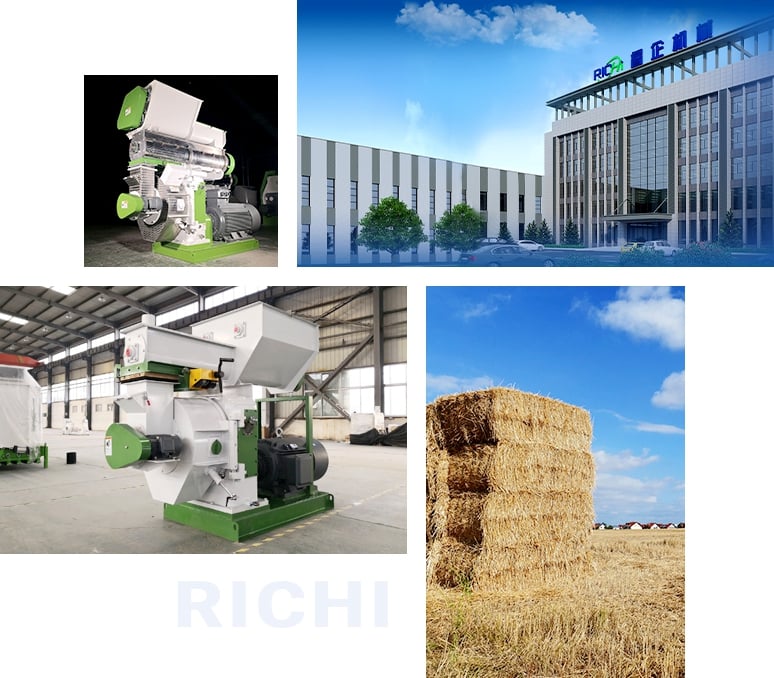Chicken manure pellet machines have become increasingly popular as farmers and agricultural businesses seek efficient ways to process and utilize poultry waste. These machines convert raw chicken manure into compact, easy-to-handle pellets that can be used as organic fertilizer or fuel. Choosing the right chicken manure pellet machine is crucial for maximizing efficiency and return on investment. This comprehensive guide will walk you through the key factors to consider when selecting a chicken manure pellet machine.
- Production Capacity
One of the most critical factors in choosing a chicken manure pellet machine is its production capacity. Consider your current needs and potential future expansion:
- Small-scale production (50-200 kg/hour): Suitable for small farms or pilot projects
- Medium-scale production (500-1000 kg/hour): Ideal for medium-sized farms or small commercial operations
- Large-scale production (1-5 tons/hour): Appropriate for large commercial farms or fertilizer production facilities
Ensure the machine’s capacity aligns with your production goals to avoid underutilization or bottlenecks in your process.
- Raw Material Characteristics
Consider the specific characteristics of your chicken manure:
- Moisture content: Most machines work best with manure that has 15-20% moisture content
- Particle size: Some machines may require pre-processing to achieve optimal particle size
- Composition: The presence of bedding material or other additives can affect processing
Choose a machine that can handle the specific characteristics of your raw material without extensive pre-processing. (Related post:https://www.pellet-richi.com/wood-pellet-machine/organic-fertilizer-pellet-machine.html)
- Pellet Size and Quality
Different applications may require specific pellet sizes:
- 2-4 mm: Often used for soil amendment
- 4-6 mm: Common for general fertilizer use
- 6-8 mm: Suitable for larger-scale agricultural applications
Ensure the machine can produce pellets of the desired size and quality. Look for features that contribute to pellet durability and consistency.
- Power Source
Chicken manure pellet machines come with various power options:
- Electric: Most common, suitable for areas with reliable electricity supply
- Diesel: Ideal for remote locations or areas with unreliable electricity
- PTO (Power Take-Off): Can be attached to tractors, suitable for farm use
Choose a power source that aligns with your location’s infrastructure and operational preferences.
- Die and Roller Configuration
The die and roller system is crucial for pellet formation:
- Flat die: Generally easier to maintain and replace
- Ring die: Often more efficient and suitable for higher production volumes
Consider the availability of replacement dies and rollers, as these are wear parts that will need periodic replacement.
- Durability and Build Quality
Invest in a machine built to last:
- Look for high-quality materials like stainless steel components
- Check for robust construction that can withstand the corrosive nature of manure
- Consider machines with dust-proof and moisture-resistant features
A durable machine may cost more upfront but can save money in the long run through reduced maintenance and longer lifespan.
- Ease of Operation and Maintenance
User-friendly features can significantly impact your day-to-day operations:
- Intuitive control panels
- Easy access to parts for cleaning and maintenance
- Automatic lubrication systems
- Safety features like emergency stop buttons
Consider the level of technical expertise required to operate and maintain the machine.
- Energy Efficiency
Energy costs can significantly impact your operational expenses:
- Look for machines with high energy efficiency ratings
- Consider models with variable speed drives to optimize energy use
- Check if the machine has energy recovery systems
An energy-efficient machine can lead to substantial savings over time, especially for large-scale operations.
- Drying and Cooling Systems
For a complete production line, consider machines that offer:
- Integrated drying systems to achieve optimal moisture content
- Cooling systems to properly cool pellets after production
These features can streamline your production process and improve overall efficiency.
- Brand Reputation and After-Sales Support
Choose a reputable manufacturer known for quality and reliability:
- Research customer reviews and testimonials
- Check the manufacturer’s history and experience in manure processing equipment
- Ensure availability of spare parts and technical support
- Look for warranties and service agreements
Good after-sales support can be crucial for maintaining your machine and minimizing downtime.
- Customization Options
Some manufacturers offer customization options:
- Ability to adjust compression ratios
- Interchangeable dies for different pellet sizes
- Options to integrate with existing equipment
Customization can help tailor the machine to your specific needs.
- Compliance and Certification
Ensure the machine meets relevant safety and environmental standards:
- Look for CE certification for machines sold in Europe
- Check for compliance with local environmental regulations
- Consider machines with ISO certifications for quality management
Compliance is crucial for legal operation and may be required by some buyers of your pellets.
- Cost and Return on Investment
While price is an important factor, consider the total cost of ownership:
- Initial purchase price
- Installation costs
- Operating costs (energy, labor, maintenance)
- Expected lifespan of the machine
- Potential revenue from pellet sales
Calculate the return on investment to ensure the machine aligns with your business goals.
- Scalability
Consider your future growth plans:
- Can the machine be easily upgraded or expanded?
- Is it part of a modular system that allows for easy capacity increases?
- Will the manufacturer support future upgrades or additions to your production line?
Choosing a scalable solution can save costs in the long run as your business grows.ConclusionChoosing the right chicken manure pellet machine requires careful consideration of multiple factors. By evaluating your specific needs in terms of production capacity, raw material characteristics, pellet quality, and operational requirements, you can select a machine that will serve you well for years to come. Remember to balance the initial cost with long-term benefits and operational efficiency.
Consulting with experienced manufacturers or industry experts can provide valuable insights to help you make an informed decision. With the right chicken manure pellet machine, you can efficiently convert waste into valuable fertilizer or fuel, contributing to sustainable agricultural practices and potentially creating a new revenue stream for your farm or business.
